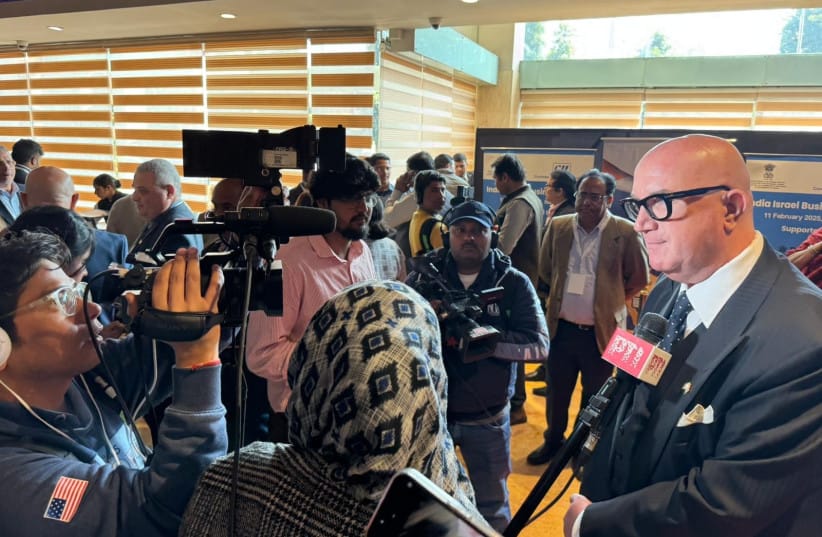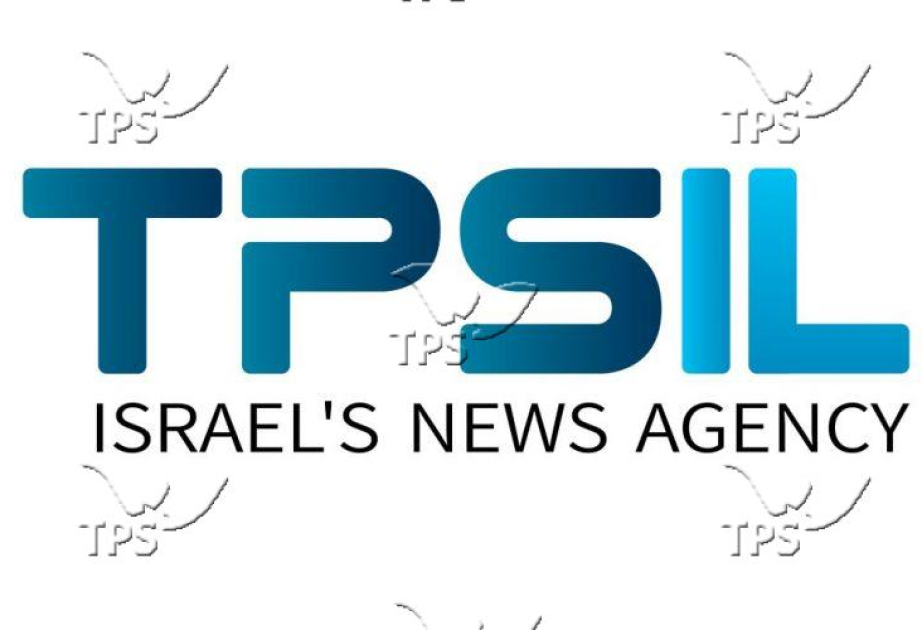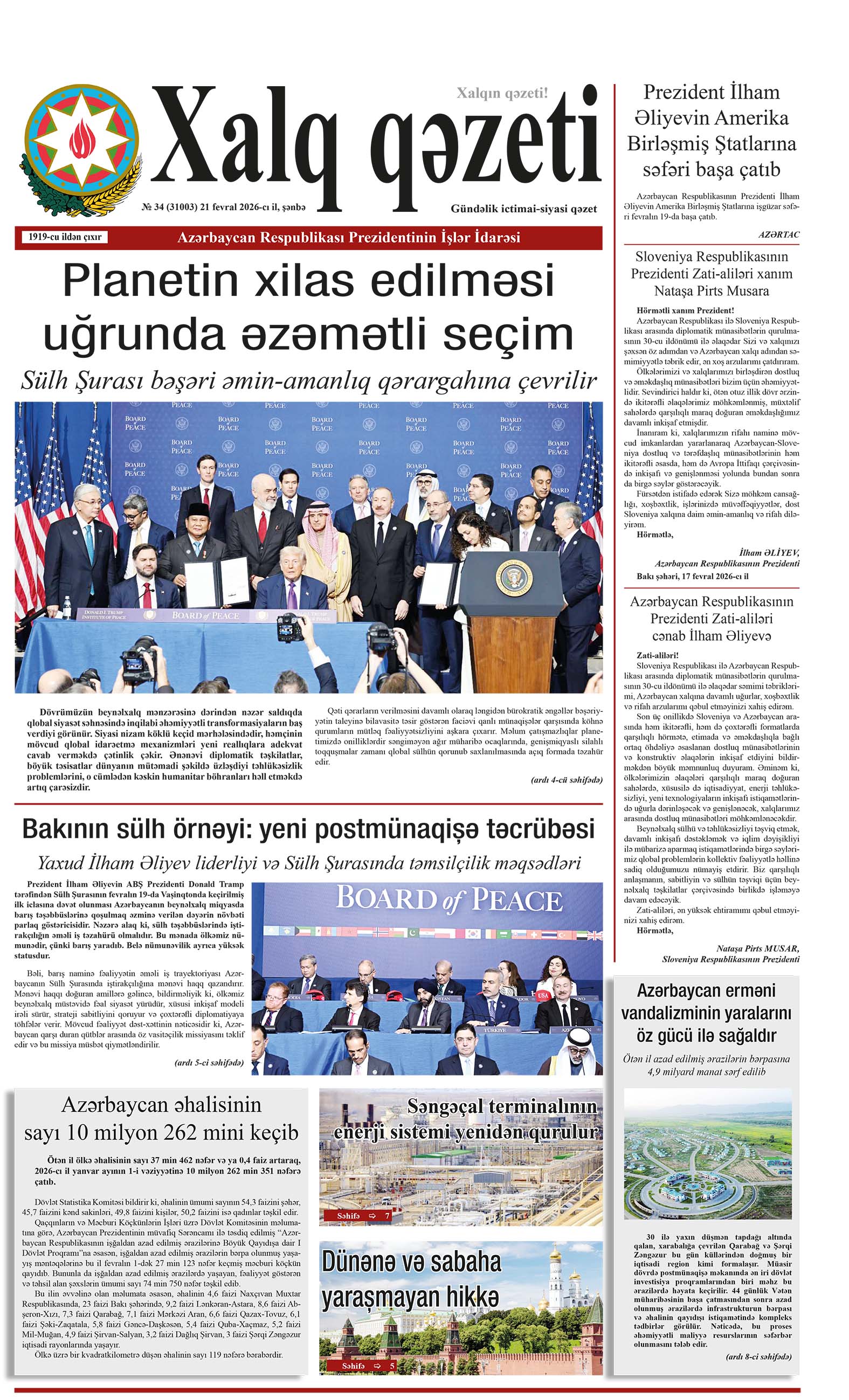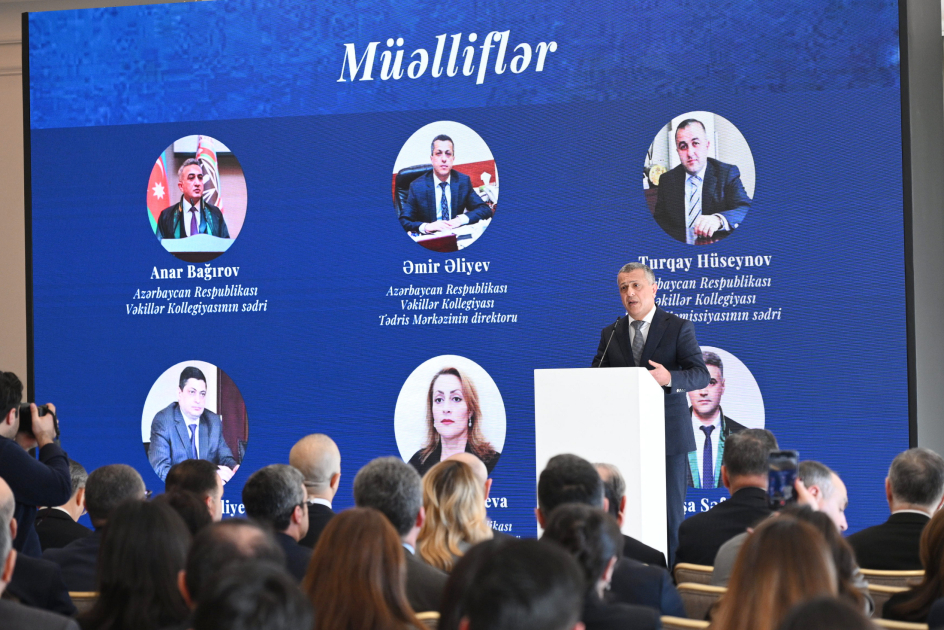ByJERUSALEM POST STAFF
Israeli medical technology companies are drawing international attention at MEDICA 2025 this week.
Thirty-seven Israeli medical technology companies are drawing exceptional international attention this week at MEDICA 2025 in Düsseldorf, as hospital executives, investors, and health systems from around the world flock to the Israeli national pavilion.
MEDICA, considered the world’s leading trade fair for medical devices, digital health, and MedTech innovation, has become a major showcase for Israeli technology in recent years. This year’s Israeli pavilion, organized by the Israel Export Institute, is described as one of its strongest yet, both in the scale of participation and the level of global interest.
According to the Israel Export Institute, the volume of business inquiries directed at Israeli exhibitors at this year’s conference is significantly higher than in previous years. Representatives from hospital networks, procurement agencies, global health organizations, and government bodies have been visiting the pavilion throughout the week to integrate Israeli solutions into their healthcare systems.
The strong presence comes in what officials describe as a sensitive post-war period for Israel, following the October 7 massacre and the subsequent war with Hamas. Despite the challenges, Israeli MedTech companies are reporting a surge in demand for their technologies, which are seen as offering practical solutions to global healthcare pressures, including aging populations, staff shortages, and rising costs.
The 37 participating companies cover a broad spectrum of cutting-edge solutions. These include advanced cold-cathode 3D imaging systems from Nanox, smart contactless patient monitoring from Neteera, AI-driven early-detection platforms developed by Jubaan, digital physical therapy tools powered by computer vision from Kemtai, and next-generation robotic and sensor-based cleaning technologies from Physiclean designed to improve hygiene and infection control in medical facilities.
Technologies presented at the conference are cutting-edge
Together, these technologies reflect some of the most influential trends in global healthcare, including the shift toward home-based care, preventive and personalized medicine, automation and robotics in hospitals, AI-supported clinical decision making, and improved access to diagnostics and treatment in remote or under-resourced areas.
“The world is showing tremendous and growing interest in Israeli medical innovation,” said Avi Balashnikov, chairman of the Israel Export Institute. “Even after a challenging period, Israeli companies are proving that our creativity, resilience, and technological excellence continue to lead the global market. The Israeli pavilion at MEDICA highlights our finest achievements, and we are witnessing a level of international engagement unlike anything we have seen in years.”
Export Institute officials said MEDICA 2025 has seen a sharp rise in visits from foreign delegations and buyers to the Israeli area, including representatives of major health maintenance organizations, private hospital chains, insurance companies, and large distributors from Europe, North America, and Asia. Several governments have also sent delegations to explore potential partnerships and pilot programs with Israeli firms.
The strong turnout, they added, underscores Israel’s return to the international economic and innovation arena, with MedTech and digital health once again serving as flagship sectors. For many of the participating companies, the meetings held this week in Düsseldorf could lead to new strategic collaborations, clinical trials, and large-scale deployments in hospitals and clinics worldwide.


















